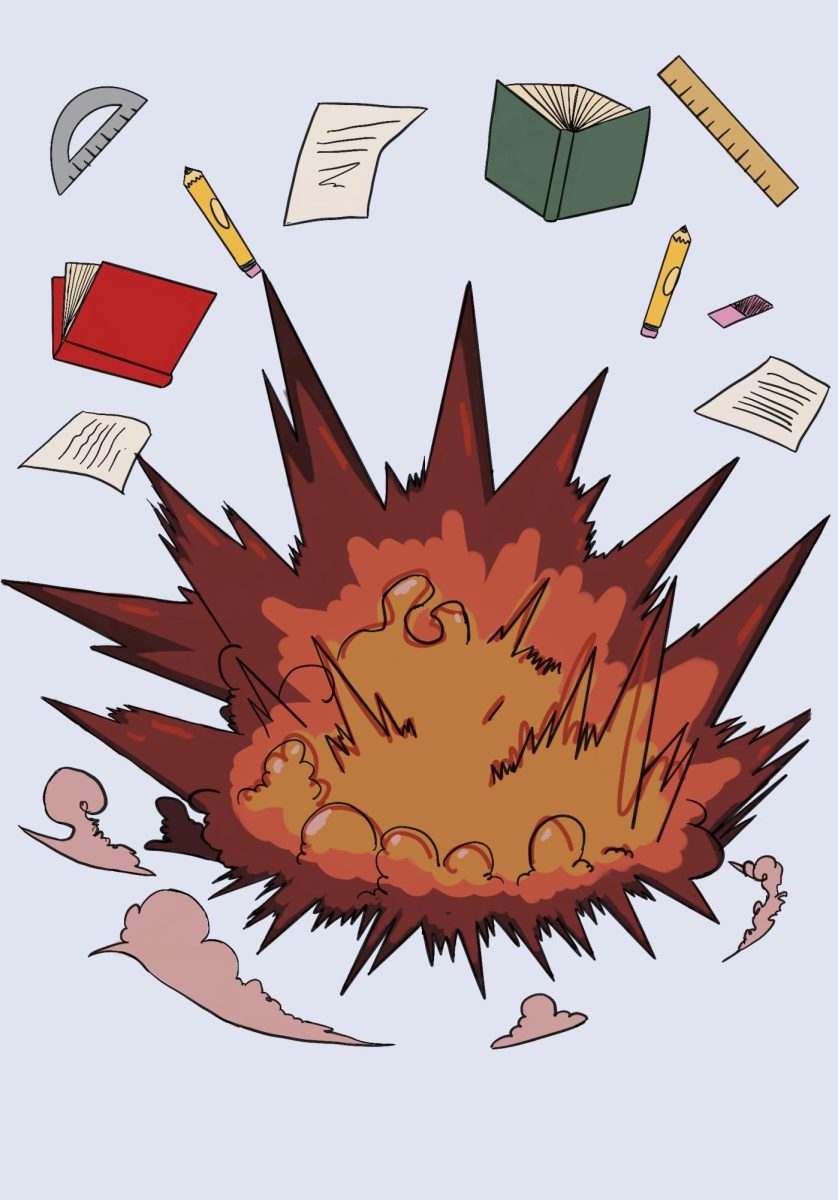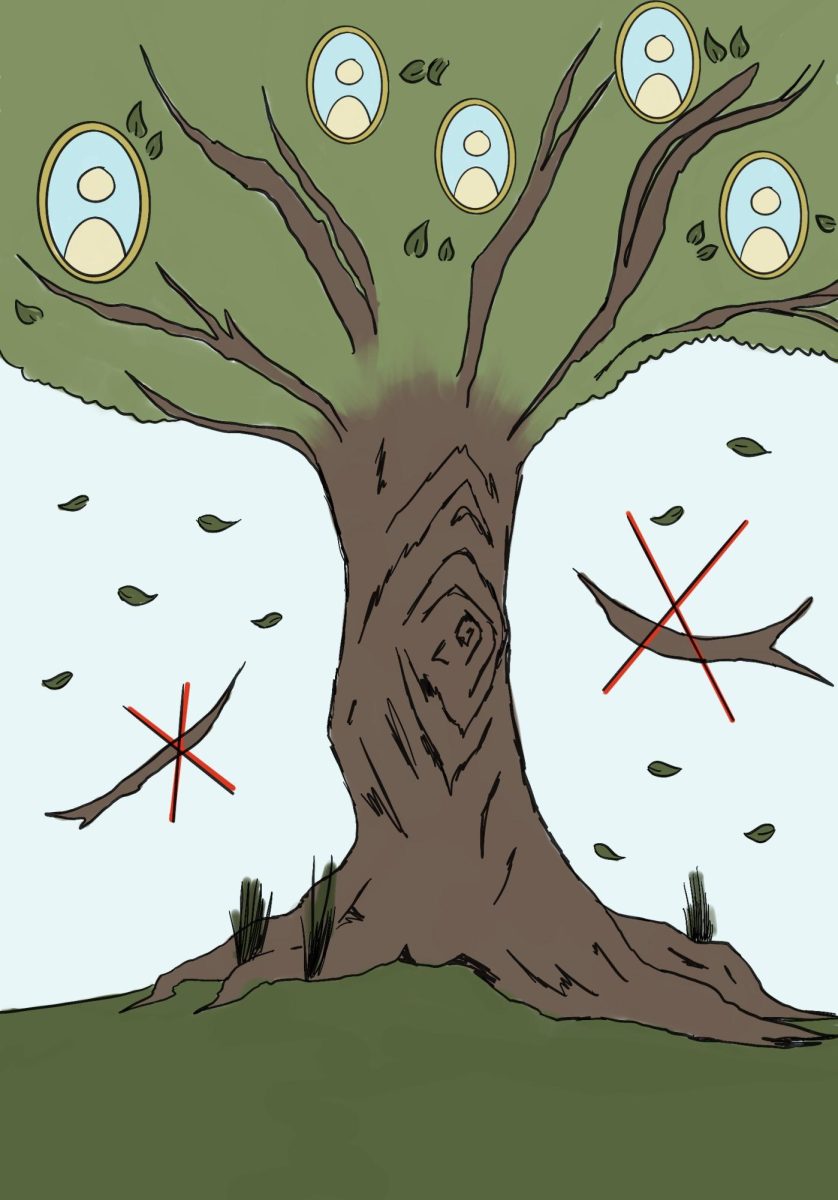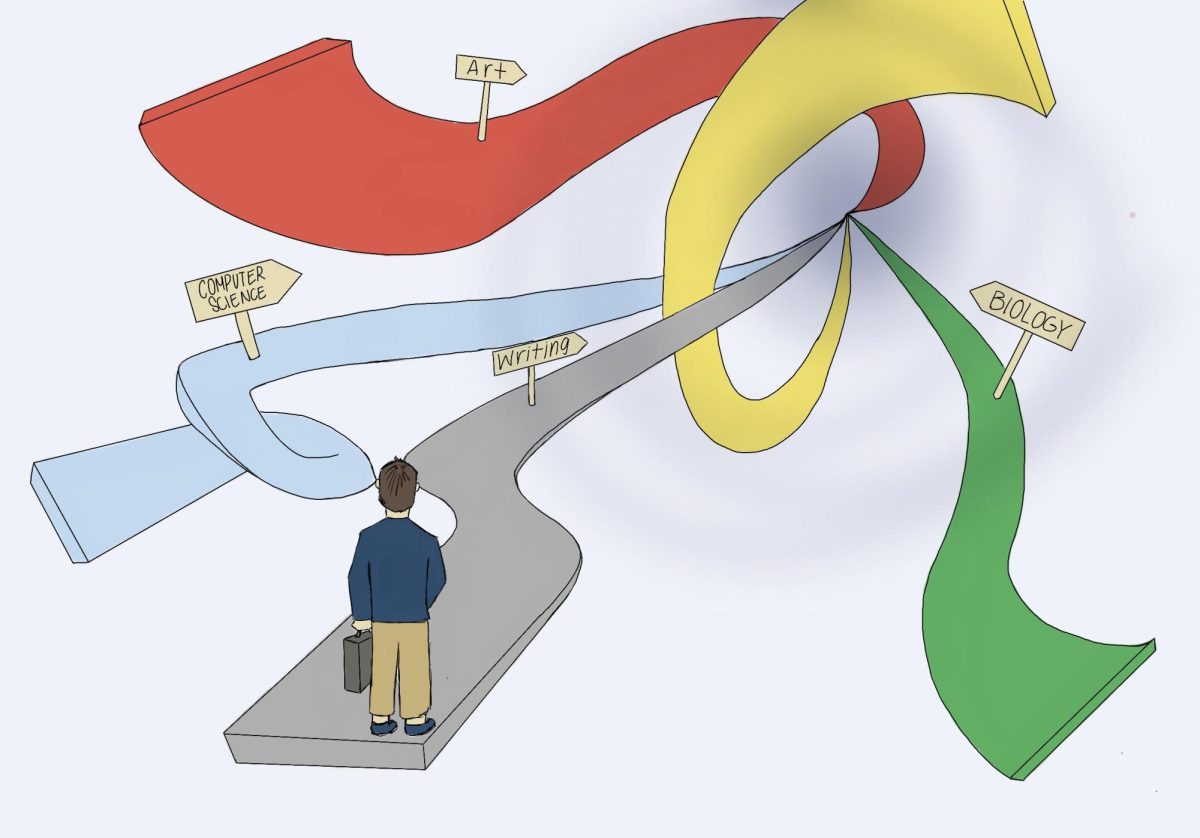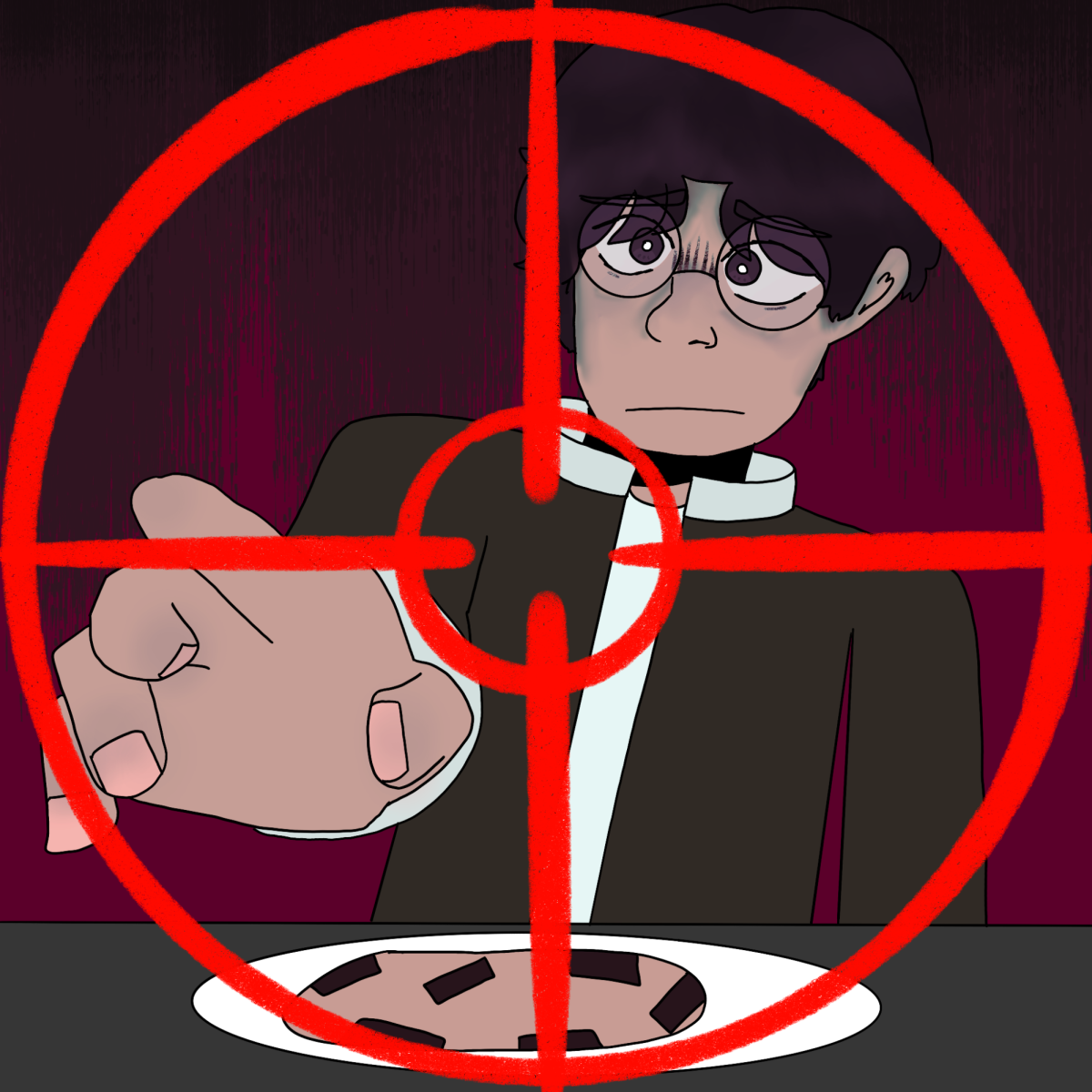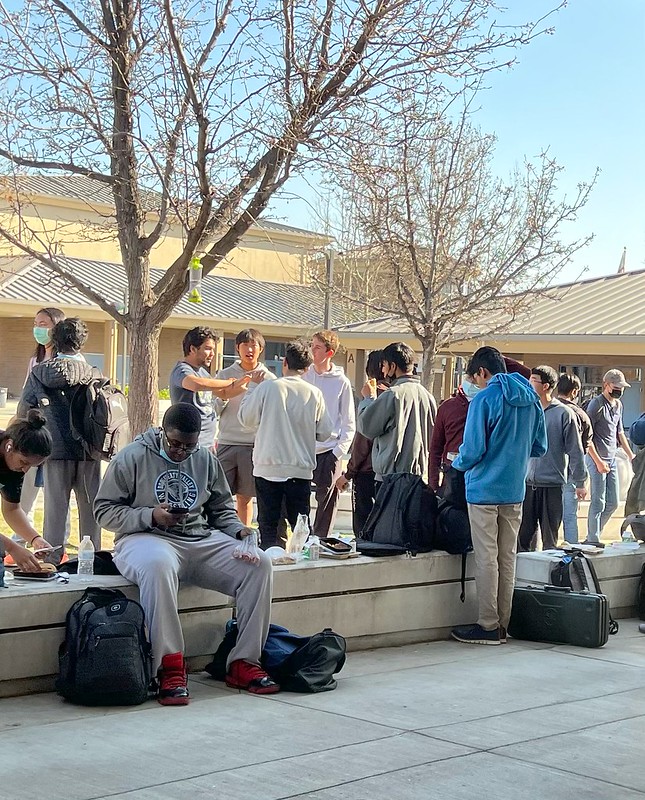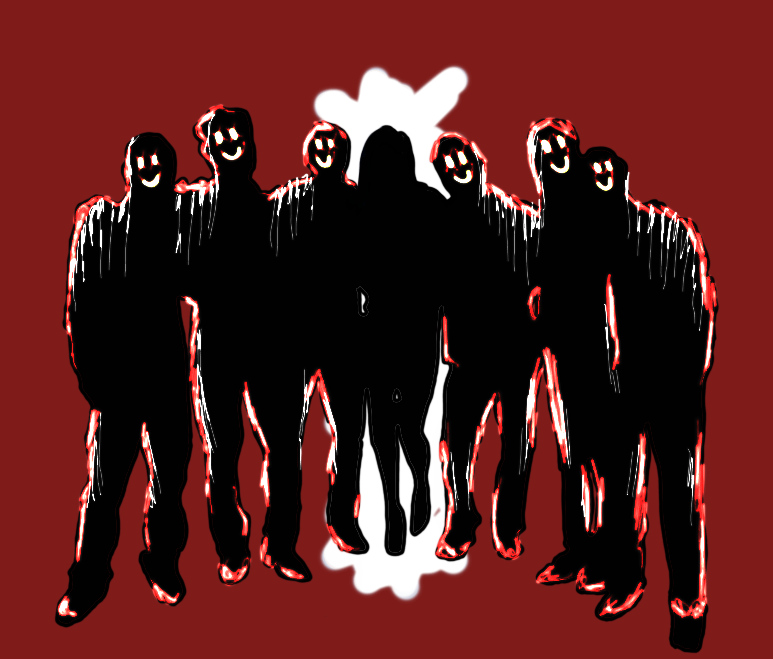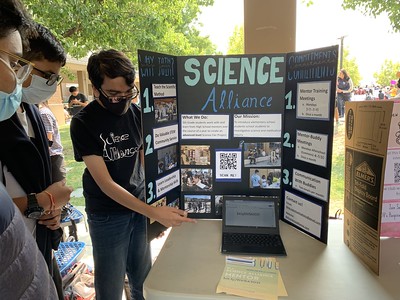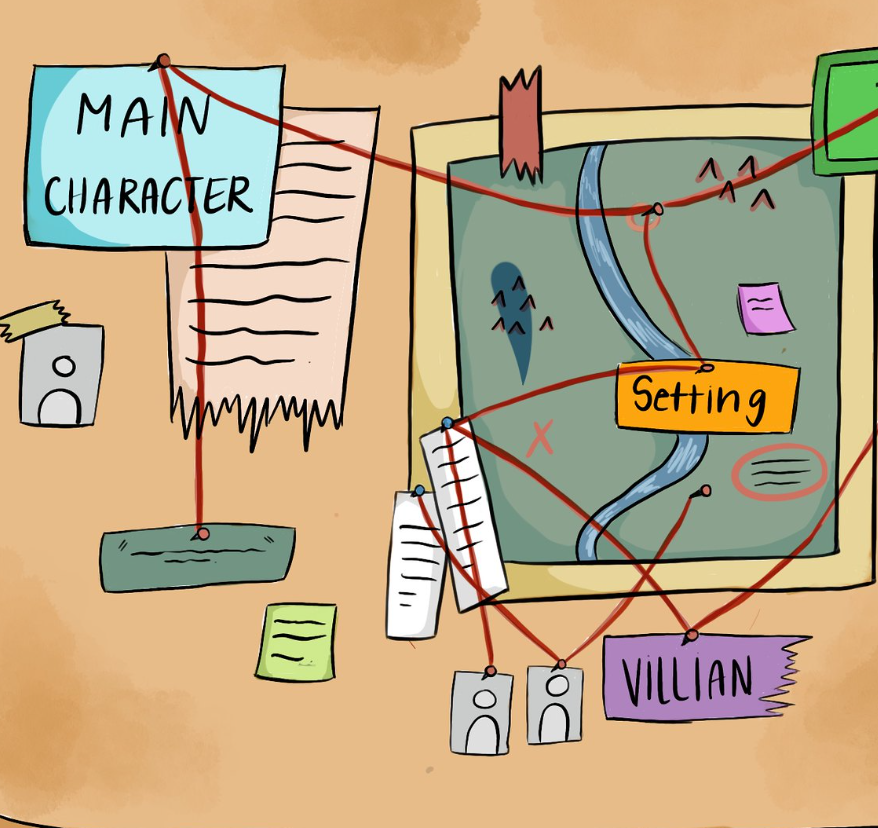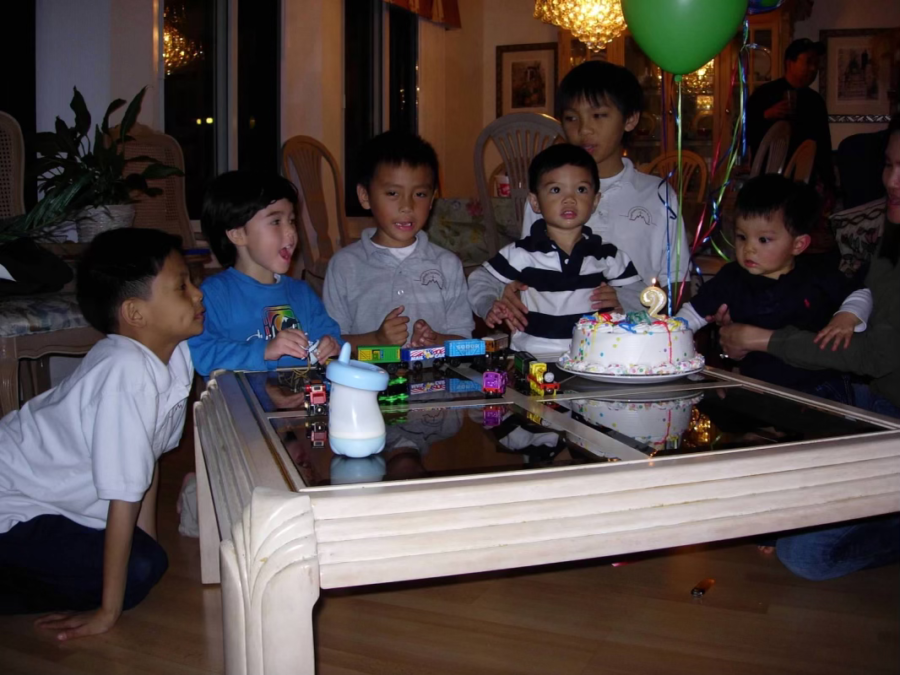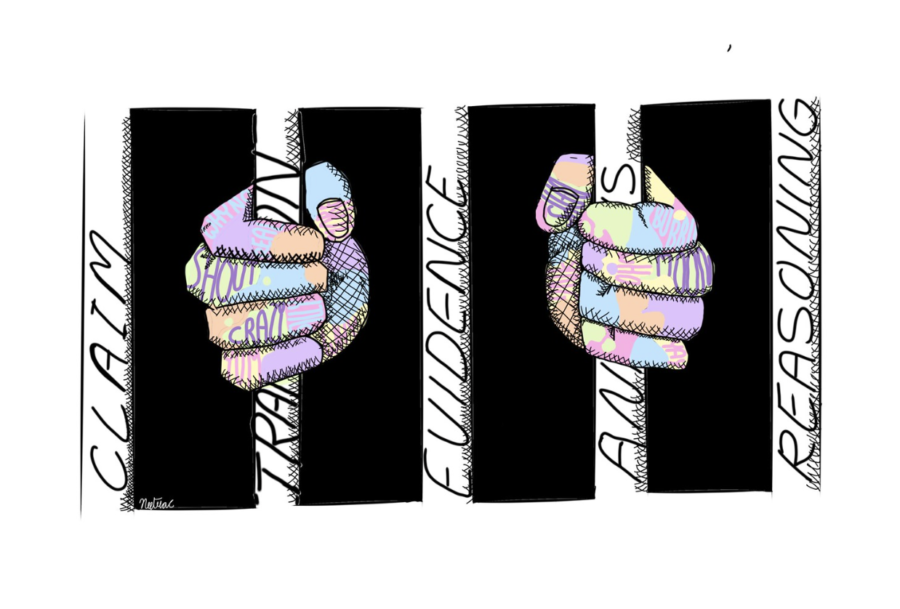You’ve learned algebra, you know how to write DBQ’s, and you can balance chemical reactions. But can you write a resume? File your taxes? Plan your investments? Choose a career? Unless you have dedicated yourself to learning these concepts, chances are, you are like many DVHS students, who simply can’t. The irony though is that DVHS already offers Career Technical Education (CTE) courses designed to teach these real-world skills exactly. Yet students continue to ignore it, and this exact approach is holding us back.
CTE courses are made to enhance student’s real-world skills and apply them to their everyday lives outside of school. Some examples of CTE courses include Introduction to Business, Sports-med, culinary, and many more. Personally, I did Intro to Business, which was able to teach me how to manage my taxes, start a business, and invest in stocks. Helping me catapult my interest into finance which I’ve carried with me since.
However, though CTE courses seem like a pathway to new opportunities, for students at DVHS, enrollment rates have remained relatively low as many students choose to ignore these courses and sign up for other more academic-related courses. Take Pre-Law for example. This course was designed to teach students the foundation of law and government, introduce them to the legal system and even help prepare students for a career as a lawyer. However, despite DV trying for years, this course has not been fully established, as like other CTE courses, many students are just not signing up.
The main reason for this is because of the differences in GPA weightage. Most DV students are keen on taking as many weighted courses as possible, so taking a courseload full of AP and Honors classes is ordinary for them. In fact, it is not much of a rarity to see students with a whole courseload of AP classes, with some going to extreme levels taking 5 or 6 APs all in one year. However, this GPA obsession creates a problem that drives students to stay away from CTE courses. Because these courses do not hold the same weight compared to the other honors/APs, many students may think of them as “wasteful” as they don’t have nearly the academic prestige of their other options. For many students, who would take a class that won’t give you extra weightage/credits on your transcript?
We need to realize what the benefits of taking CTE classes are. There are real-world benefits, but the main benefit is the fact that it can give you a true hands-on learning experience, fostering skills such as collaboration, problem-solving, communication, and leadership. All of these skills can give you true confidence in life, and help you better understand the way our world works. It could also inspire you to try new things or find a new hobby such as entrepreneurship, designing, healthcare, or much more. And ironically, that is something that advanced AP classes will not likely give you.
However, the blame cannot just be put on the students for neglecting these courses. There are many students out there in the school who are willing to give these courses a try, but they don’t have the option to. This is because our school does not offer a variety of CTE courses. For example, the school does not have classes such as an engineering course where students can create and design structures, an architecture course that shows students how to plan houses and buildings or even a trade course that helps students gain hands-on experience with various types of tools improving practical skills.
Another reason why most students don’t sign up for CTE courses is because they have no idea that they even exist. When was the last time you heard any of your counselors, teachers, or fellow students recommend you to Digital Photography? In fact, the only way you can find out what any of the CTE courses are is by reading the unhelpful, vague course description in the course catalog. As a result, it is no wonder why a pre-law course at DV has failed to launch; it is because students are not recognizing these classes in the first place, further leading them to disregard these courses.
Though academic classes are good, in the future, we won’t need to know how to factor a trinomial or balance a chemical equation. Instead of taking on more hard AP, you could try taking Culinary Arts or Intro To Business, learning how to cook and also how to strengthen your collaboration, communication, cooking, and managing money skills. It is time we truly realize the worth of CTE courses.
School shouldn’t just be about studying, it should also help you find your passions, build relationships, and uncover who you truly are. When we put most of our attention on academics, we neglect the benefits of taking CTE courses, causing us to not even have a chance at experiencing them. It is time we change this and start improving our education system and painting our own paths as it could end up being the best for all of us.

